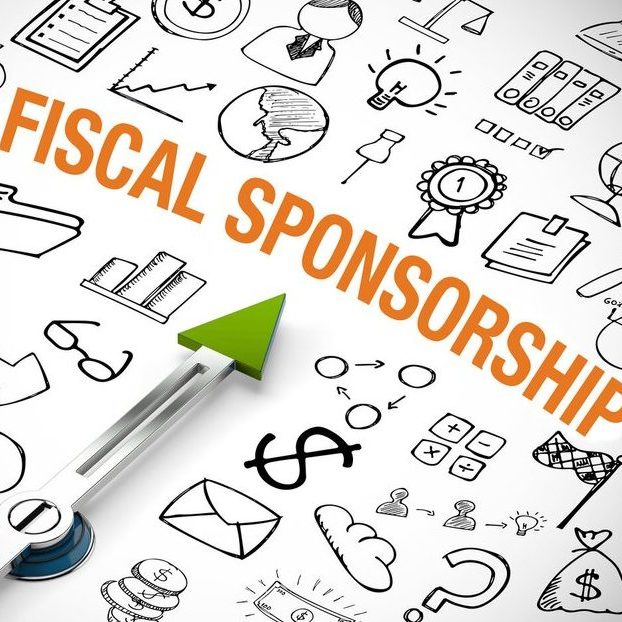According to recent statistics, there are approximately 1.54 million nonprofits in the U.S. Nonprofit structure can take many forms. There is, of course, the traditional and well-known 501(c)(3) public charity – in 2016, approximately 2/3 of all registered nonprofits were classified as public charities. Then, there are organizations who are 501(c)(4)s (civic leagues and social welfare organizations, homeowners’ associations, and volunteer fire companies) and other organizations within the 501(c) category. There are also supporting organizations (organized exclusively for the benefit of, to perform the functions of, or to carry out the purposes of one or more specified 509(a)(1) or 509(a)(2) organizations) and organizations who are fiscally sponsored.
This post focuses on fiscally sponsored organizations. We won’t discuss the detailed ins and outs of fiscal sponsorship (we’ve included several great resources if you’re interested in diving deep into what a fiscal sponsorship is), but we will share how and why The Presser Foundation supports fiscally sponsored organizations.
Charitable projects or programs are fiscally sponsored when they partner with a 501(c)(3) public charity (the sponsor) and receive funds through that partner charity. It’s a formal arrangement where the project/program can ask for grants and tax-deductible donations under your sponsor’s exempt status. Using a fiscal sponsorship arrangement can assist newly formed projects/programs that want to raise funds but aren’t prepared to complete the IRS application to be tax-exempt.
When a donor wishes to contribute to a project, they can donate to the fiscal sponsor with a note designating that they would like the funds to go to the project. They receive a tax deduction since they gave to a 501c3 public charity.
Arabella Advisors explains several other benefits to fiscal sponsorship. Sponsors facilitate collaboration, increase efficiency, provide infrastructure and expertise, and provide value to funders.
While there is more information about fiscal sponsorship (check out these articles from Charitable Allies, the National Council of Nonprofits, and Candid), we wanted to explain why The Presser Foundation decided to support fiscally-sponsored organizations.
As part of The Presser Foundation’s initiative to support a wide variety of organizations, including smaller and/or newer ones, it began considering fiscally sponsored organizations in the 2017-18 fiscal year. Similar in the way that individuals can give to an organization’s fiscal sponsor, foundations can also give to the sponsor and designate which program (in this case, the fiscally sponsored one) it is supporting.
In its efforts to engage music organizations of all types, The Presser Foundation recognizes that for some organizations, it makes more sense to have a fiscal sponsor rather than to be a 501c3 public charity. Whether organizations are young and just establishing structure, whether they would like to partner with a sponsor for the use of back-office operations, or whether it’s a way to increase collaboration, a fiscally sponsored program or organization provides community benefit while also utilizing a structure that works best for their purposes. The Presser Foundation believes that each organization/program is best suited to determine its own needs. If it falls in line with the Foundation’s mission of advancing music in the Greater Philadelphia area, it is eligible for funding.
Curious about the fiscally sponsored programs/organizations that the Foundation supports? We were too. So, we went to one and asked about the benefits to partnering with a fiscal sponsor and receiving foundation support.
John Walthausen of Filament, a chamber ensemble of Philadelphia-based period-instrument soloists, explained:
“As a young ensemble, getting fiscal sponsorship has opened several doors for us. Fiscal sponsorship has allowed us to apply for a number of grants we never would have been able to access before, and we have been very happy with Fractured Atlas’ platform for crowdfunding. Receiving foundation support through our Fiscal Sponsor has been very straightforward, almost as easy as if we were a nonprofit.”
Music organizations can come in many shapes and sizes. The Presser Foundation believes in supporting a variety of organizations – whether they are fiscally sponsored or independent 501c3 public charities to further the cause of music in a variety of ways.








